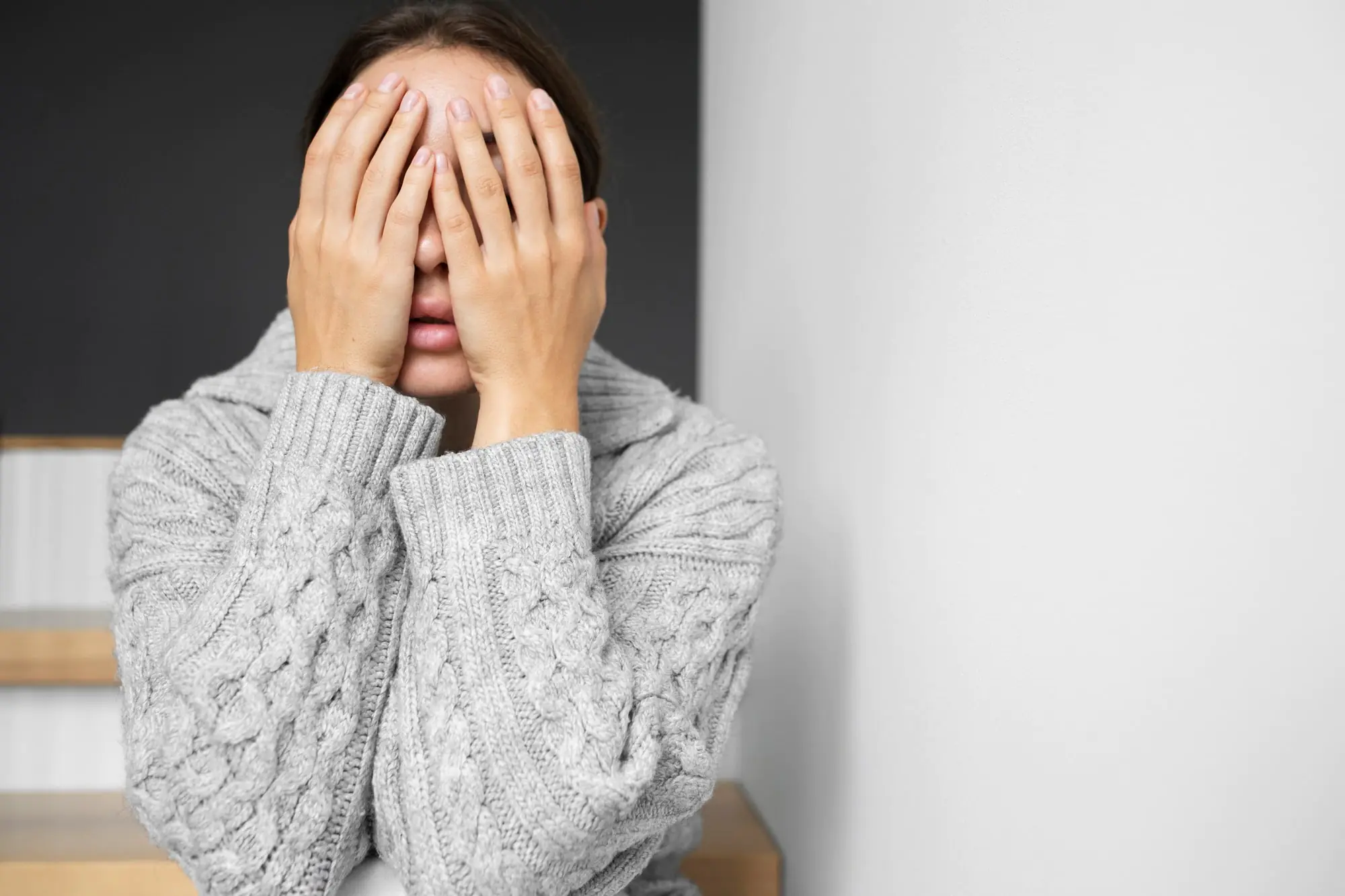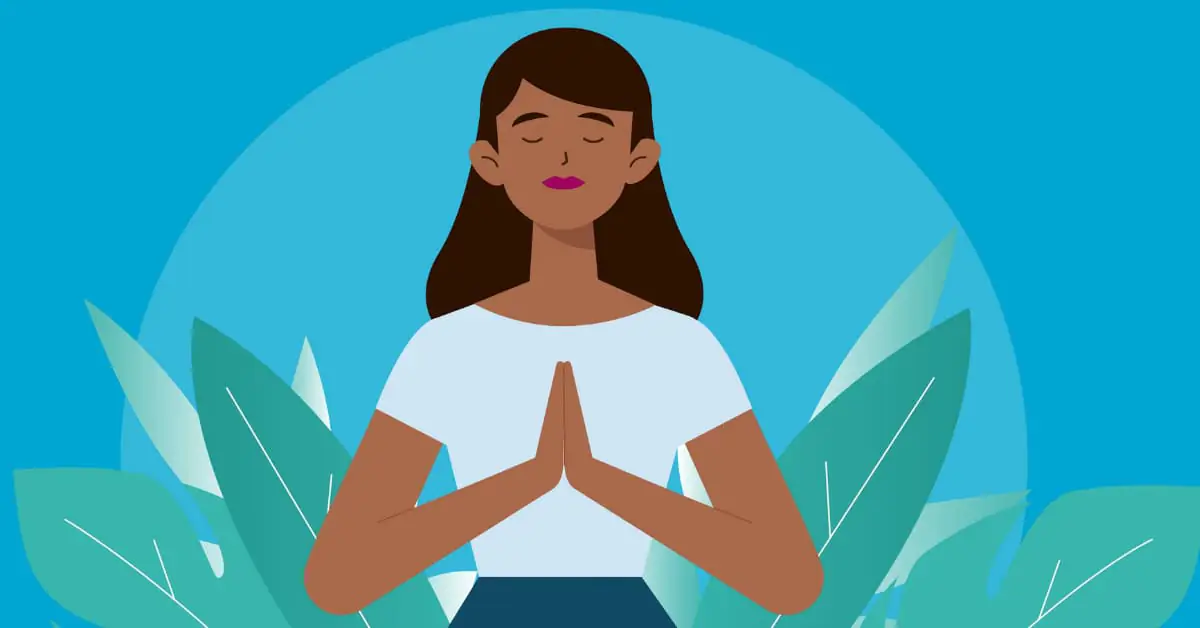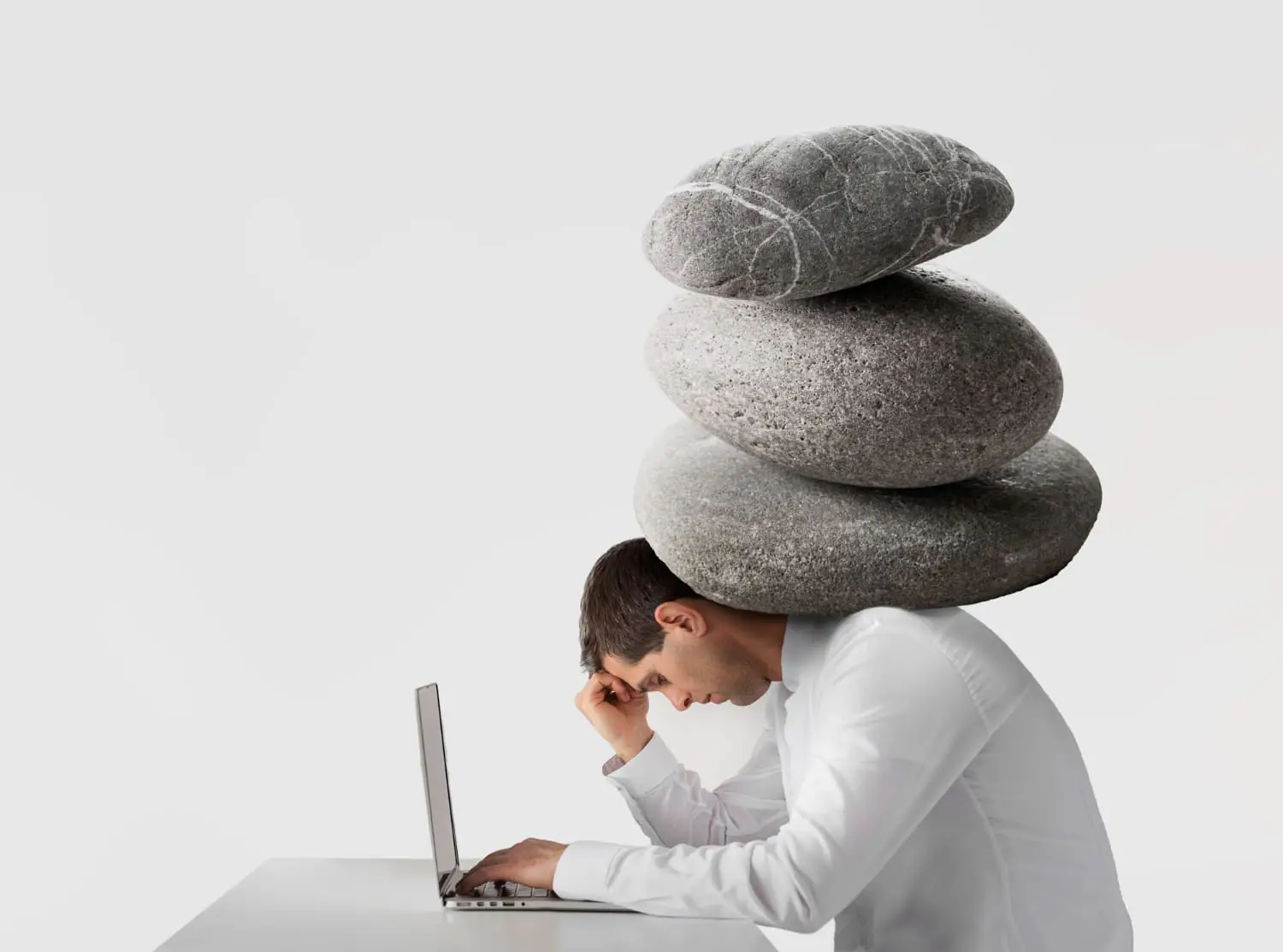
What is a Panic Attack? What are the Symptoms of a Panic Attack?
Panic attack is an anxiety disorder that occurs unexpectedly and manifests itself with intense fear and physiological symptoms. A panic attack can develop without an obvious trigger. It is characterized by physical and psychological symptoms that usually manifest themselves within a few minutes. When looking for answers to the questions “
What is a Panic Attack?
A panic attack is a condition that causes a feeling of intense anxiety. This situation, which occurs suddenly, can expose the person to negativities such as fear of death and the feeling of losing control. By the DSM-5 (Diagnostic and Statistical Manual of Mental Disorders), panic attacks are characterized by having two or more unspecified panic attacks, as well as persistent anxiety and post-panic attack changes. Panic attacks can cause serious changes in a patient’s mindset and emotional state. This can have negative effects on social life. For example, it can lead to the development of conditions such as social phobia or agoraphobia.
What are the Symptoms of a Panic Attack?
Symptoms of panic attacks may differ in each patient. Symptoms of anxiety and panic attacks often include:
- Sudden Heart Palpitations: At the time of a panic attack, the heart rate may increase suddenly. This can lead to palpitations.
- Shortness of breath: A panic attack can cause a feeling of shortness of breath. A feeling of difficulty in breathing can disturb the patient.
- Chest Pain: With the onset of a panic attack, a feeling of tightness in the chest and chest pain may occur. As the attack process progresses, the urgency can turn itself into chest pain.
- Dizziness: A feeling of dizziness may occur during a panic attack, which leads to loss of balance.
- Tremor: Involuntary tremors or contractions may occur in the body.
- Nausea: Stomach upset or a feeling of nausea may occur.
- Distortion in Perception of Reality: The patient may feel detached from the reality of the situation.
The symptoms of this type of panic attack usually reach a maximum within a few minutes and then subside over time, and the process can vary from person to person.
How Does a Panic Attack Pass?
The relief of a panic attack usually occurs after a certain period of time, but some methods applied by the patient during the attack can also help the panic attack pass. These methods may include:
- Deep Breathing: If you feel short of breath during a panic attack, breathing deeply and slowly can provide significant relief.
- Physical Activity: Endorphin levels in the body can increase as a result of exercise. Endorphins can contribute to the relief of panic attacks by reducing anxiety.
- Distraction: It can be helpful to observe objects or situations around you so that you can get away from influencing thoughts.
Such situations can be the answer to the question “how to calm someone who is having a panic attack?“. If panic attacks become more frequent, it is very important to seek professional help.

How Does a Panic Attack Happen?
A panic attack can often be triggered after a stressful life event or traumatic experience. In addition, conditions such as intense anxiety, environmental factors or genetic predisposition may also play a role in the development of panic attacks. Anxious situations that the patient has experienced in the past, accumulated stress, underlying physical health problems, or hormonal changes can also contribute to the formation of panic. During a panic attack, the person activates the body system, often perceiving this situation as some kind of danger. In the face of perceived threat, physical symptoms such as shortness of breath, chest pain, nausea, heart palpitations, and tremors may occur.
How long does a panic attack last?
Panic attacks, intense fear and anxiety can be felt. This situation can pass in a few minutes. However, it may take longer depending on the condition of the attack. After a panic attack, a person may feel unwell, often with a feeling of tiredness and exhaustion. Recurrent panic attacks can lead to a constant state of anxiety and the socio-psychological effects of this situation. The answers to the question “
What Causes Panic Attacks?
Personal characteristics and negative environmental factors can be effective in a panic attack attack. Among the underlying causes of panic attacks, the following factors stand out:
- Genetic Factors: Family history and genetic predisposition play an important role in the occurrence of panic attacks.
- Brain Chemistry: Dysregulation of neurotransmitters and chemical imbalances in the brain are among the triggers of panic attacks.
- Stress: Intense stressful life or traumas can be effective in the occurrence of panic attacks.
- Alcohol and Substance Abuse: Drug and alcohol addiction have a negative effect on the occurrence of panic attacks.
Bibliography
https://www.mayoclinic.org/diseases-conditions/panic-attacks/symptoms-causes/syc-20376021
https://my.clevelandclinic.org/health/diseases/4451-panic-attack-panic-disorder
https://www.webmd.com/anxiety-panic/panic-attack-symptoms
https://www.medicalnewstoday.com/articles/can-you-die-from-a-panic-attack#summary
Panic Attack Symptoms Frequently Asked Questions
Which Doctor Should I Go to for Panic Attacks?
It is very important for those who experience panic attack symptoms to get support from a health professional in terms of the management of the disease. Treatment of panic attacks can be applied by psychiatrists. Psychiatrists are specialists who are trained in treating and managing panic attacks. However, psychotherapeutic approaches such as cognitive behavioral therapy and pharmacological treatments such as antidepressants or anxiolytic drugs can be used to manage panic attacks. Thanks to the developing technology, it has become possible to contact specialists through online doctor services. In this way, fast and effective support can be obtained about the symptom of panic attack. Online doctor service can help make the process more manageable, as it offers an option that is immediately available when needed.
What to Do During a Panic Attack?
Some methods that can be applied during a panic attack can help alleviate a panic attack. Some of the steps to follow during a panic attack include:
- Deep Breathing: Practicing deep breathing exercises can help control anxiety.
- Being in a Comfortable Environment: If possible, going to a quiet place and staying there for a few minutes can have an effect on curing a panic attack.
- Recognizing Emotions: Recognizing and acknowledging the emotions felt during a panic attack is important in managing a panic attack.
- Relaxation Techniques: Especially for the question “How does a panic attack go away at night?”, easy-to-apply methods such as breathing exercises, meditation and relaxation techniques can be effective.
Does a Panic Attack Raise Blood Pressure?
Conditions such as stress and anxiety can be observed during a panic attack. As a result of this situation, adrenaline is produced in the body. Adrenaline can lead to an increase in blood pressure. Therefore, blood pressure may rise at the time of a panic attack. At this point, the question “How does panic attack blood pressure pass?” may come to the fore. High blood pressure experienced as a result of a panic attack returns to normal spontaneously after the attack period.
What happens in the body after a panic attack?
Fatigue after a panic attack is associated with increased levels of anxiety hormones, intense stress, and accelerated heartbeat. In addition, mental restlessness or anxiety can be observed. Frequent panic attacks can negatively affect social and daily life by creating a constant state of anxiety. These negative emotions that arise after panic attacks can shake a person’s self-confidence. For this reason, it is important for people who experience panic attacks to seek professional support to cope with the symptoms they experience. With the treatment performed by a psychiatrist, the answer to the question “Will the panic attack go away?” will be positive. Treatment methods selected by psychiatrists specifically for the patient can improve overall health by helping to reduce anxiety. Insightful sources of support, appropriate treatment methods, and knowledge of the disease can help overcome a panic attack. One of the common mistakes in managing the disease is underestimating panic attacks. It is important for the patient’s health status to take this situation seriously, to initiate treatment processes and to receive the necessary support. In addition, joining support groups or taking advantage of therapies can help people feel better. Coping strategies developed to manage panic attacks allow patients to gain more control and confidence in their daily lives. Therefore, coping with panic attacks should be supported not only by treatment, but also by lifestyle changes. Panic attack is a controllable process as a result of the patient’s contribution to the healing process and volunteering and the effort of the physician.




